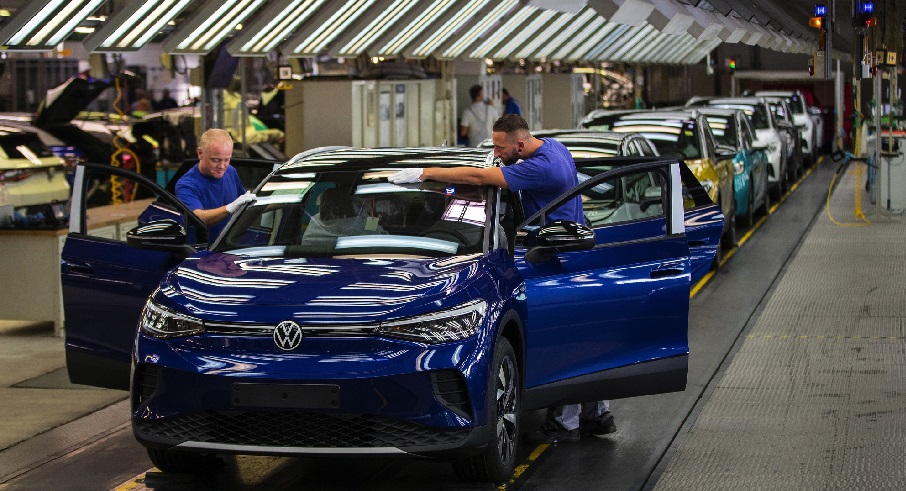Passenger car sales in Germany during the month of August fell by 27.8% to 197,322 units, according to a report this Wednesday from the Federal Motor Transport Authority (KBA).
The decline is particularly significant in the case of electric models, with registrations down 69% year-on-year, to 1,615 units, although 13.7% of the new cars registered in August 2024 were fully electric.
From January to August 2023, electric cars accounted for 18.6% of all new registrations.
In comparison with other propulsion systems, diesel car sales fell by 24.4%, and gasoline car sales by 7.4%.
So far this year, almost 590,000 fewer new cars have been sold in Germany compared to the same period in 2019, before the pandemic.
However, according to the German Association of the Automotive Industry (VDA), 313,700 cars were manufactured in the country in August, 24% more than in August 2023, although since January, 2.7 million cars have been manufactured in the country, 2% less than the previous year.
Meanwhile, Germany’s largest automotive group, Volkswagen, admitted this Wednesday in a meeting with the works council and employees that they are “missing” sales equivalent to the production of two of their factories, or about 500,000 units.
“The market (for that production) no longer exists,” said the group’s CFO, Arno Antlitz, at the Wolfsburg headquarters during the meeting with employees, according to German media consulted by Europa Press, who noted that the company is determined to act “consistently.”
For the time being, Germany’s labor minister, Hubertus Heil, has expressed his intention to keep all of Volkswagen’s production sites in Germany operational in light of the cost-cutting plans that the automaker is set to implement in response to the drop in sales.
Berlin acknowledges that this is not just a labor crisis, but that Volkswagen’s stability is “vital” to ensuring European automotive supply chains at a time of intense competition with the emergence of Chinese brands in European markets and ongoing trade wars with Beijing, while awaiting developments regarding the United States in the upcoming presidential elections in November.







